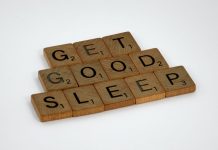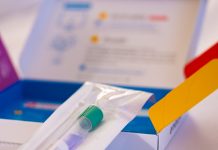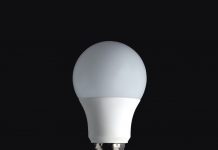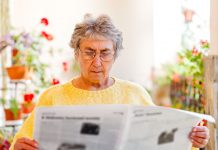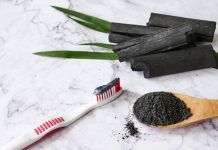Wearable devices are very popular, and the insight they can provide into your personal physical activity is unparalleled. Many people think nothing of continuing to wear them as they sleep, and it turns out that it may be more important to wear them at night than in the day.
Sleep trackers, though sometimes viewed as entertainment, are much more accurate than personal questionnaires asking how much sleep you’ve been getting. A study released last month found that sleep metrics provided by wearables can paint a more realistic picture of actual time spent sleeping, and this information directly correlated to the length of chromosomal telomeres.
Telomere length has been used as a marker of chromosomal aging because they indicate how old you are biologically. Each telomere is a sequence of nucleotides (DNA building blocks) that are attached to chromosomes. They shorten with time, and each time a cell divides, they shorten and cannot grow back. The pace at which they shorten indicates how well you are aging, so there is a lot of research being conducted about supplements and practices which can reduce the shortening of telomeres.
When the sleep patterns of wearable device users were studied, there was a correlation between the amount of sleep (less than 5 hours per night) and the length of their telomeres. The participants who slept the least had remarkably shorter telomeres, which affected an average of 356 chromosome base pairs.
The participants who slept the most (around 7 hours) did not have the telomere shortening. While you can’t estimate a lifespan based on the length of a telomere, you can learn a lot about the rate they are shortening, and that rate gives scientists a good idea of how long the individual’s lifespan could be.
The results from this study are helping us find a sweet spot for the amount of hours per night we should be aiming to get, but it also provides some evidence that wearable devices can be more accurate than even our own recall of how much we are sleeping. On a whole, wearable devices slightly over-estimated the duration of sleep, but compared to self-questionnaires, they were definitely more reliable.
References
Teo, Jing Xian, et al. “Digital Phenotyping by Consumer Wearables Identifies Sleep-Associated Markers of Cardiovascular Disease Risk and Biological Aging.” Communications Biology, no. 361, 2019, https://www.nature.com/articles/s42003-019-0605-1#Abs1.



